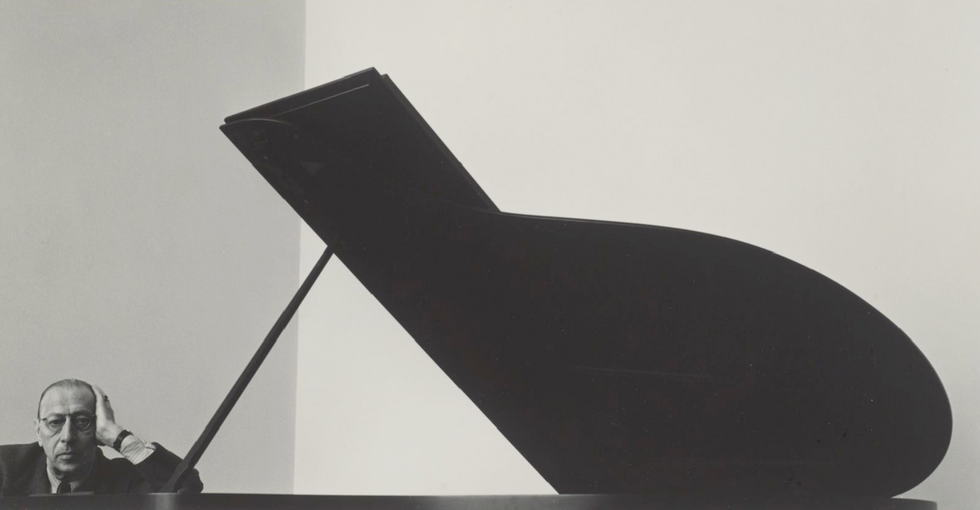May 27, 1962.
South Africa was still in the grip of Apartheid, a time filled with divisive rhetoric fueled further with racial vitriol. The country ran the risk of being ostracized on the global stage.
That was the day Igor Stravinsky, the Russian composer and conductor, was in South Africa to conduct the orchestra of the state broadcaster, SABC, in a town called Kwa Thema, just outside of Johannesburg. When asked if he would like to perform for colored people, Stravinsky replied that he would like to perform for human beings. Being in the lion's den at the time, of course, Stravinsky exhibited prudence and did not outright cry foul over the Apartheid, but put in a request to the SABC to allow a performance for a mixed audience. In an unprecedented exception that the SABC made for Stravinsky's series of concerts, they gave him his request.
It was the height of Apartheid at the time, and the powers that were believed that classical music was the domain and property of the white community. One of the rationales that was doing the rounds fighting this logic was the poetic axiom "Music is written in a medium of black and white - why can't the audience be similar?". A parallel can be seen in a more recent story of race and the arts - the story of Misty Copeland, right here at home in America. Copeland, of course, is the first African American female Principal Dancer for the American Ballet Theater. Her story was also made into a movie, A Ballerina's Tale and released in 2015.
The world has come far from that time. South Africa is thriving, Johannesburg is now a cosmopolitan hub people from the world over visit. Back then, though, Stravinsky took it upon himself and risked everything - his name, his reputation in his field, scorn from contemporaries, and a myriad other things when he performed in Kwa Thema. Everyone remembers how the Apartheid concluded, but this chapter deserves to be remembered as more than just a little footnote. Acceptance of diversity in the arts has now become routine, and while there are still barriers, there's a lot less of them now.
While the stories on the news nowadays paint a picture of fearsome aggression and a sense of going backwards to times like the Apartheid and perhaps even worse, this story of Stravinsky in South Africa serves as an important reminder that we've come too far to go back.















